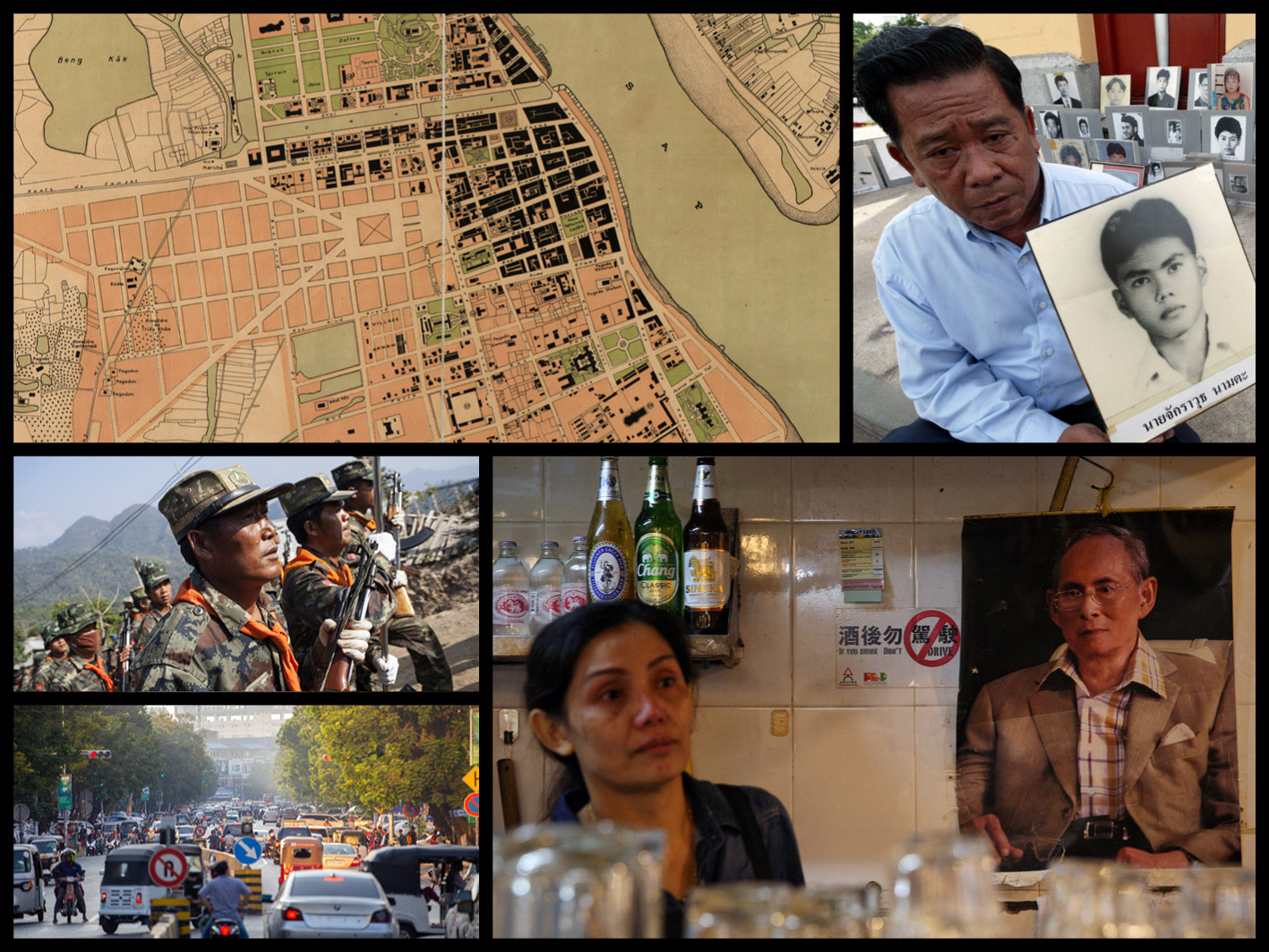This week, we got into a wide menu of stories from across the region, starting with this tasty number from Thailand. Over past decades, Thai cuisine has enjoyed a booming popularity making it near-ubiquitous the world over. But not all that growth has been organic, as Globe reporter Kiana Duncan found, and the Thai government has vigorously (but quietly) promoted its national foods as part of a successful and long-running “gastrodiplomacy” campaign. Fascinating look at a different kind of soft-power programme.
On the harder edge of things, as a month, May has a dark history in modern Thailand. Globe columnist Mark Cogan traces the month back through the years, from the 2014 coup that brought Prayut Chan-ocha to power to the 1992 “Black May” events that included the state killings of 52 people protesting the regime of strongman Suchinda Kraprayoon.
Looking to the north, our ongoing coverage of the crisis in Myanmar continues with a special look at some of the country’s ethnic armed organisations. Months after being swept aside by the coup, Myanmar’s fledgling civilian government aspires to create a federal army to resist military rule and secure civilian rule once and for all. Not everyone is so keen on that idea, including the powerful ethnic militaries of Shan state that would be vital in building such a force. Globe reporter Allegra Mendelson spoke with several leaders from these armed organisations to hear why.
Closer to home, we round out the week with a pair of articles covering Phnom Penh as it was and is now. The capital has been transformed in just a decade, but a look at the past shows us it’s never stood still for long. Thanks to the help of a collector of some really incredible historic, digitised maps of the capital dating back for centuries, we put together this look at the city as it was — all to help explain how it is today.
That current state of development is at a critical juncture, writes Future Forum research fellow Aronsakda Ses, in that its infrastructure is not yet fully handed over to car traffic. This presents a great opportunity to rethink how the city could work for its residents, pushing the capital ahead to a stage of development that car-friendly cities elsewhere are now struggling to reach. Aron trained as an architect in Thailand and is conducting research on Phnom Penh’s urban planning, so his thoughts here are worth a read.
Thanks for standing by us and being part of the Globe community. We have many exciting projects and coverage ahead, and it’s an honor to do this with you by our side!


